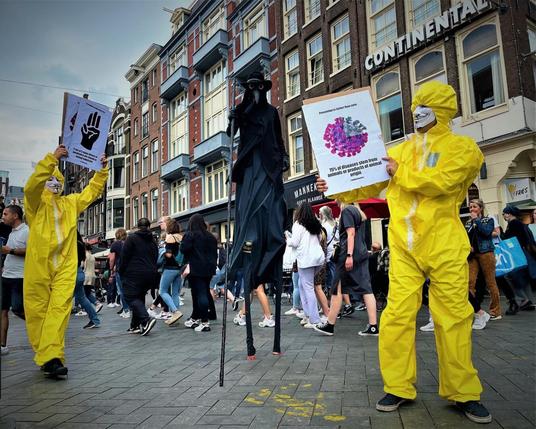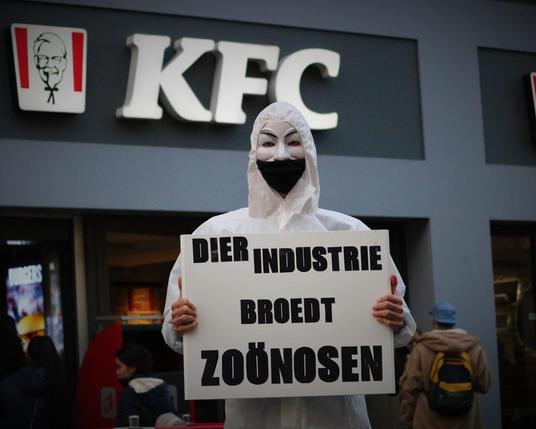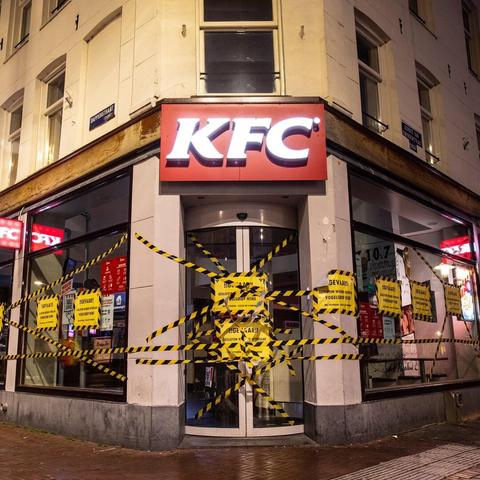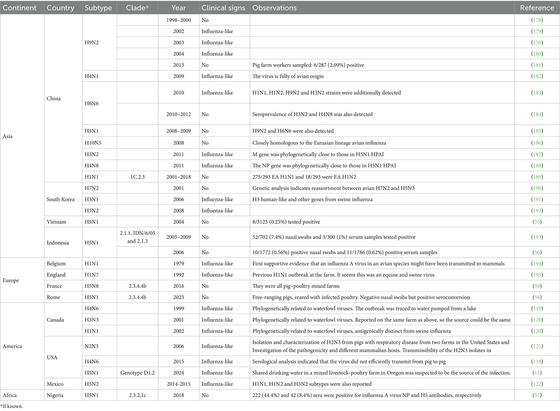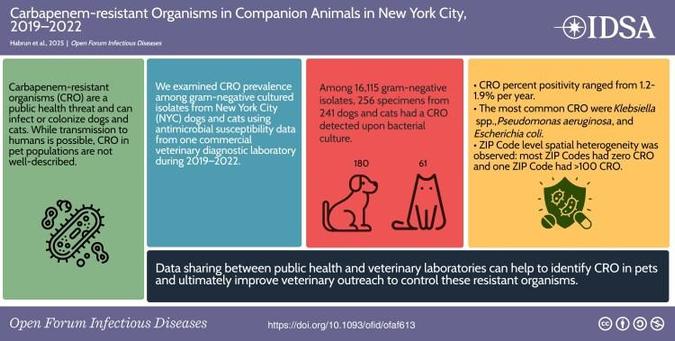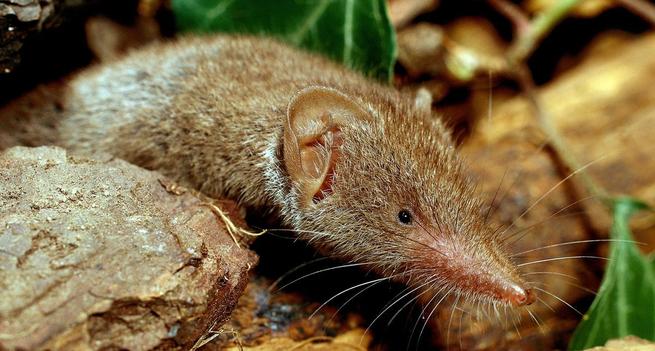—ENGLISH—- Yesterday our rebels were in Amsterdam, explaining the link between animal agriculture and pandemics. 🌍🦠 Animal agriculture is not only responsible for climate warming, loss of biodiversity and animal suffering, but also a source of zoonosis. The mass breeding and keeping animals makes future pandemics inevitable 🐐😷 To evade this dangerous situation we need to transit to a plantbased foodsystem as soon as possible. 🌎⌛️ Join the rebellion! #plantaardigvoedselsysteem #zoonoses #zoonosis #pandemie #pandemics #plantbasedfoodsystem #climatecrisis #systemchange #endpandemics #endanimalagriculture #animalrebellion
—ENGLISH—- Yesterday our rebels were in Amsterdam, explaining the link between animal agriculture and pandemics. 🌍🦠 Animal agriculture is not only responsible for climate warming, loss of biodiversity and animal suffering, but also a source of zoonosis. The mass breeding and keeping animals makes future pandemics inevitable 🐐😷 To evade this dangerous situation we need to transit to a plantbased foodsystem as soon as possible. 🌎⌛️ Join the rebellion! #plantaardigvoedselsysteem #zoonoses #zoonosis #pandemie #pandemics #plantbasedfoodsystem #climatecrisis #systemchange #endpandemics #endanimalagriculture #animalrebellion
"Highly pathogenic avian influenza (HPAI) H5N1 represents a significant threat to wildlife, livestock, and public health. The recent detection of HPAI H5N1 clade 2.3.4.4b genotypes B3.13 and ..."
https://www.frontiersin.org/journals/veterinary-science/articles/10.3389/fvets.2025.1648878/full
During Napoleon’s retreat from Russia in 1812,1 countless soldiers of the French army succumbed to infectious diseases, but the responsible pathogen or pathogens remain debated.2,3,4,5 We recovered and sequenced ancient DNA from the teeth of 13 soldiers who, based on historical records, likely died from infectious diseases, aiming to identify the pathogens responsible for their deaths.6 Our results confirmed the presence ...
https://www.cell.com/current-biology/fulltext/S0960-9822(25)01247-3
Success isn’t to be expected for every effort, and that’s especially true for the first step on a new path. That certainly was so for Anthony Olszewski and animal rescue. When only in the third grade, he witnessed a bat being knocked off the side of a house by water from a hose. Young Anthony tried to save the bat. Sad to relate, the story did not have a happy ending for the winged mammal — and almost the same for its would-be ...
https://catrescue.tv/2025/10/25/metro-cat-rescue-started-as-metro-bat-rescue/
-Utilize case-based scenarios to discuss the clinical presentation and management of a patient with suspected or confirmed AH5N1
-Understand the current best preparedness practices from a frontline and public health perspective
https://www.youtube.com/watch?v=fYnt2pazOnY
#Medicine #Zoonosis #InfectiousDisease #H5N1 #BirdFlu #AvianInfluenza
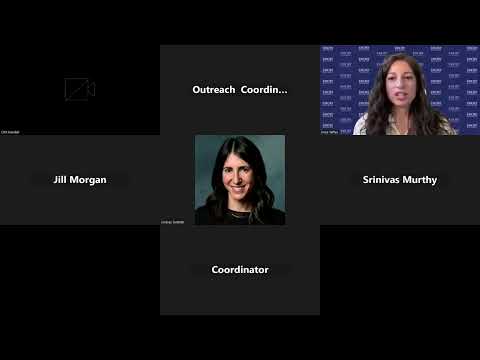
H5N1: How much time do we have?
Carbapenem-Resistant Organisms in Companion Animals in New York City, 2019–2022
"In animal populations, delayed detection of emerging and zoonotic pathogens and limited notification to public..."
https://pmc.ncbi.nlm.nih.gov/articles/PMC12534726/
#PublicHealth #Zoonosis #microbialresistance #surveillance #AMR
"Tirschenreuth – Another person has died in Bavaria from the rare Borna virus. The district office in Tirschenreuth announced that a 57-year-old man from ..."
#IDSky #MedSky #InfectiousDisease #Medicine #Zoonosis #Borna-Virus #Pfaffenhofen #Bayern #Gesundheit
I wonder how many unidentified pox viruses there are in the US and Europe?
With rural areas turning into suburbs and/or tourist destinations, the pathogens might find us before we find them.
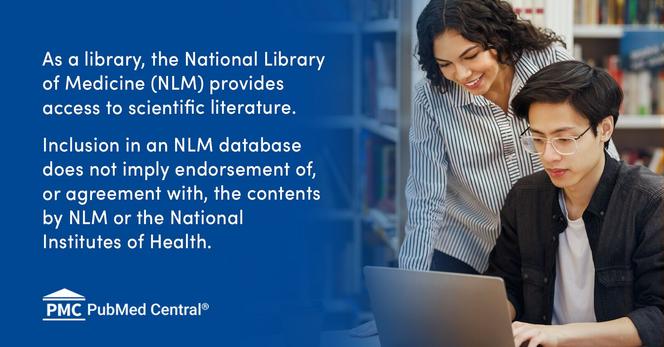
Novel Orthopoxvirus and Lethal Disease in Cat, Italy
We report detection and full-genome characterization of a novel orthopoxvirus (OPXV) responsible for a fatal infection in a cat. The virus induced skin lesions histologically characterized by leukocyte infiltration and eosinophilic cytoplasmic ...
Abstract
Mpox, caused by the monkeypox virus (MPXV; Orthopoxvirus monkeypox), is on the rise in West and Central Africa. Most outbreaks are short-lived, but MPXV has recently caused larger epidemics driven by sustained human-to-human transmission. It is widely accepted that mpox outbreaks originate in zoonotic events. African rodents, especially squirrels, are suspected to be involved in MPXV emergence, but no ...
Fire-footed rope squirrels (Funisciurus pyrropus) are a reservoir host of monkeypox virus (Orthopoxvirus monkeypox)
Mpox, caused by the monkeypox virus (MPXV; Orthopoxvirus monkeypox), is on the rise in West and Central Africa. Most outbreaks are short-lived, but MPXV has recently caused larger epidemics driven by sustained human-to-human transmission. It is widely accepted that mpox outbreaks orig...
